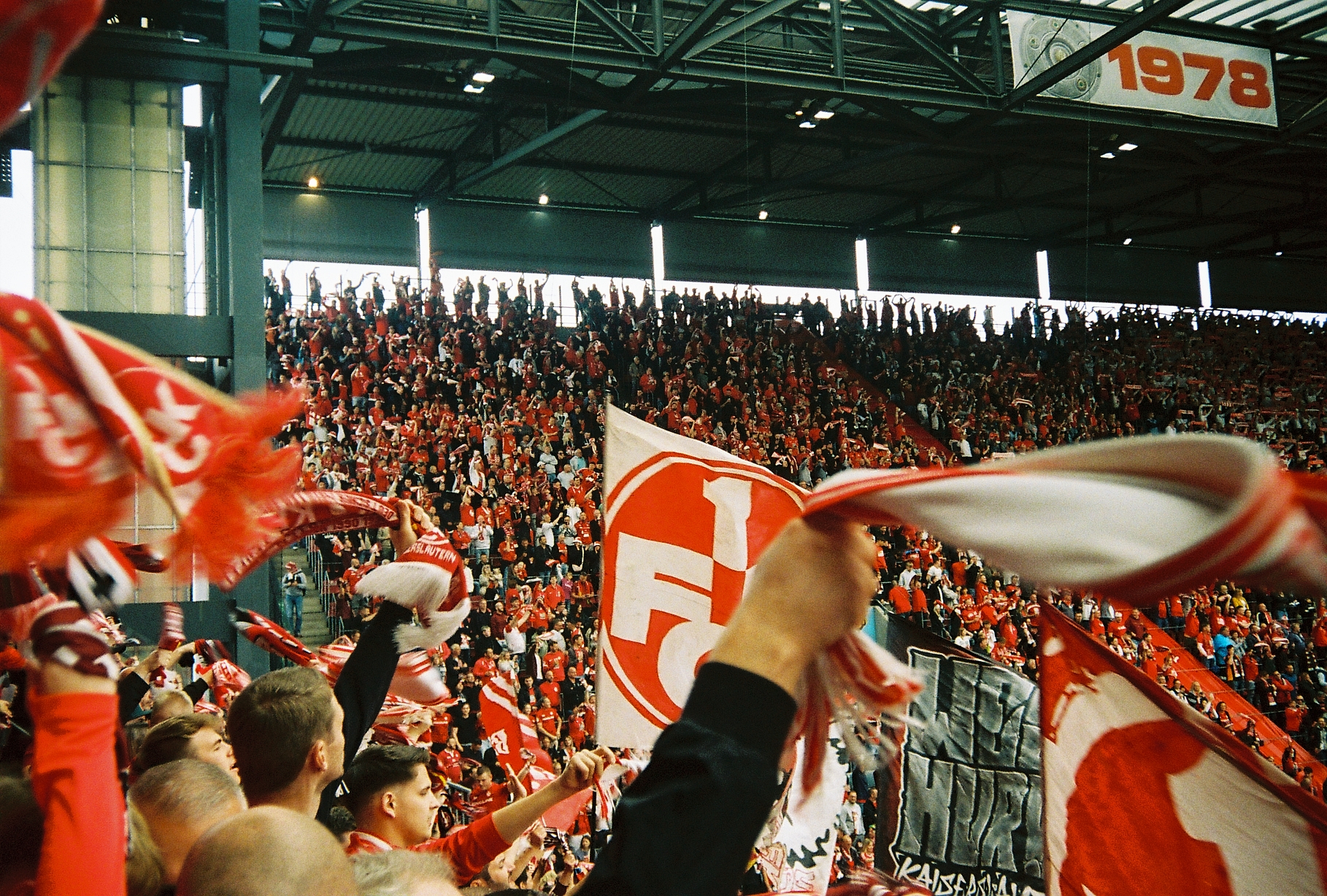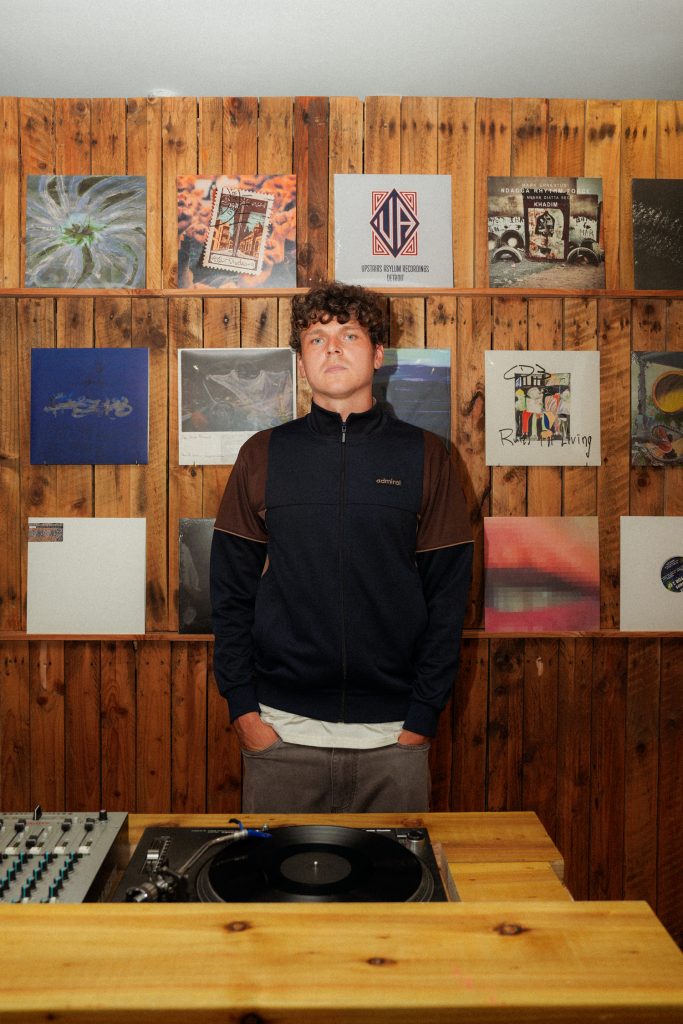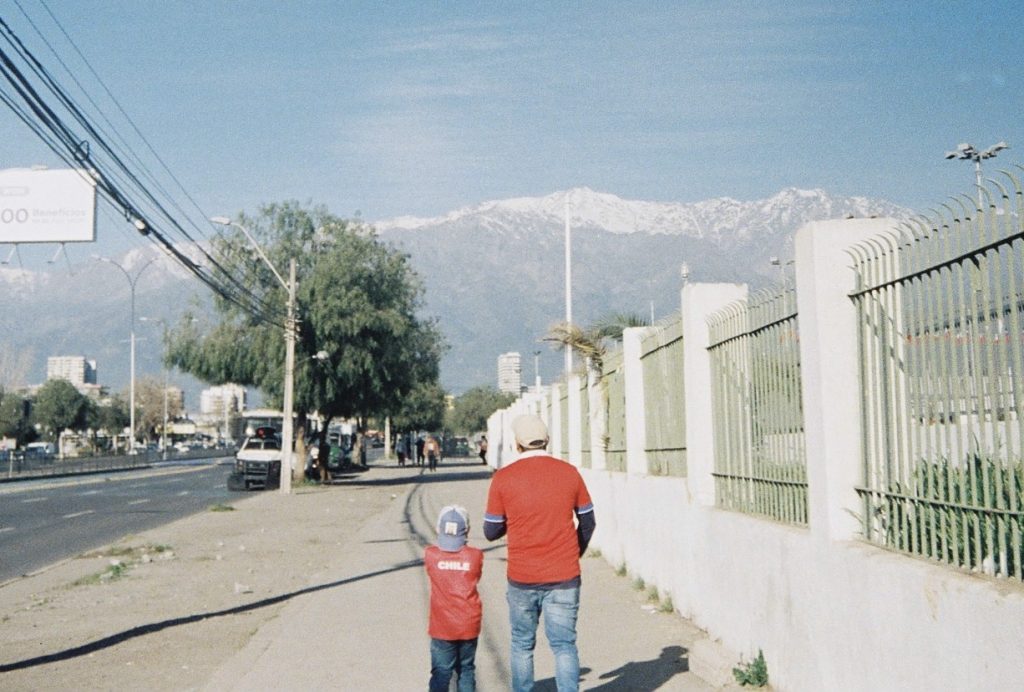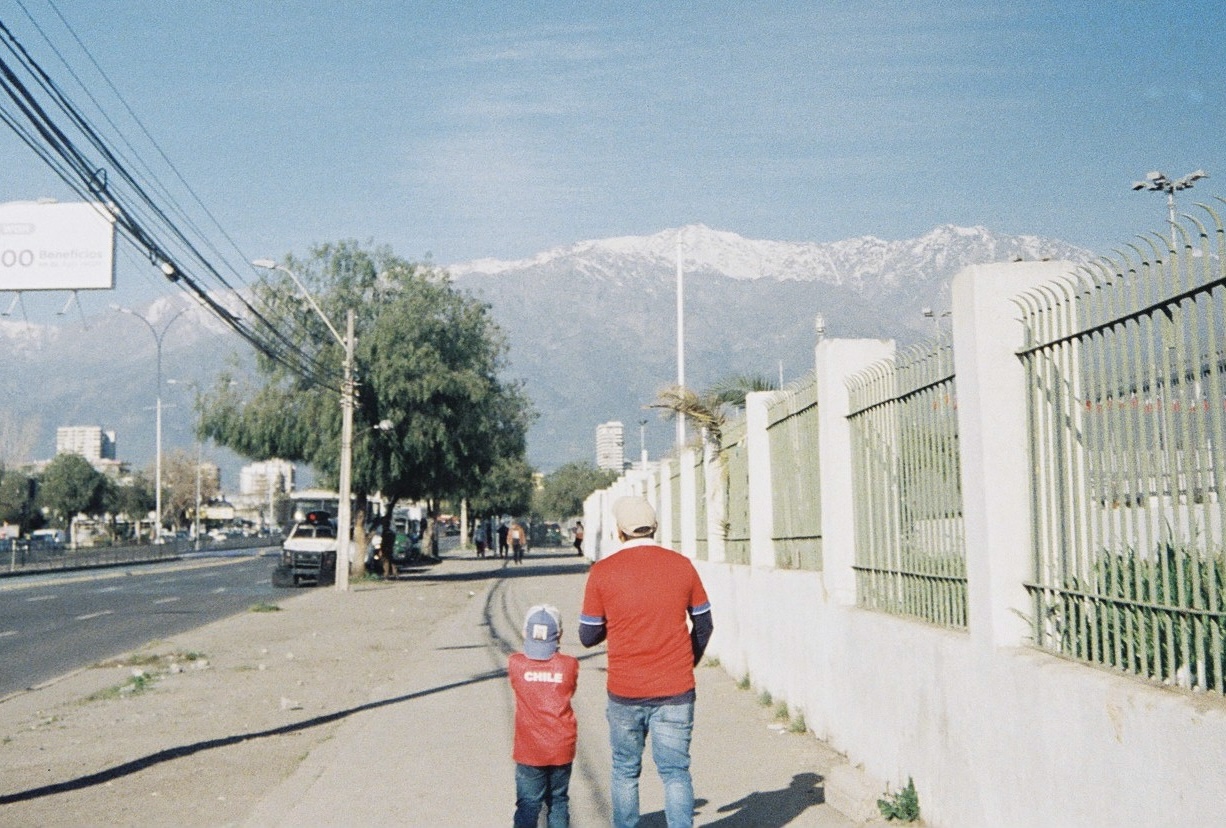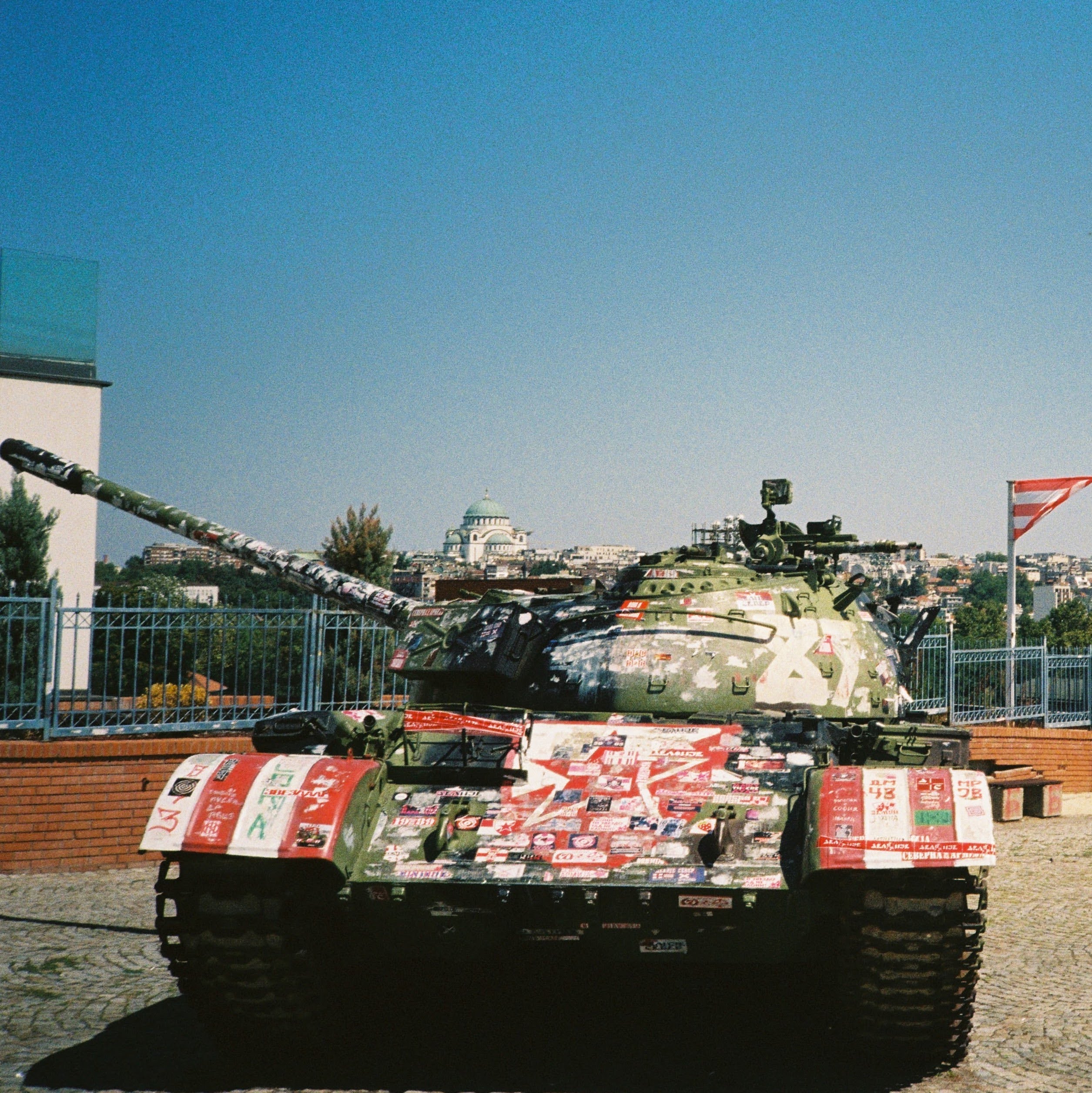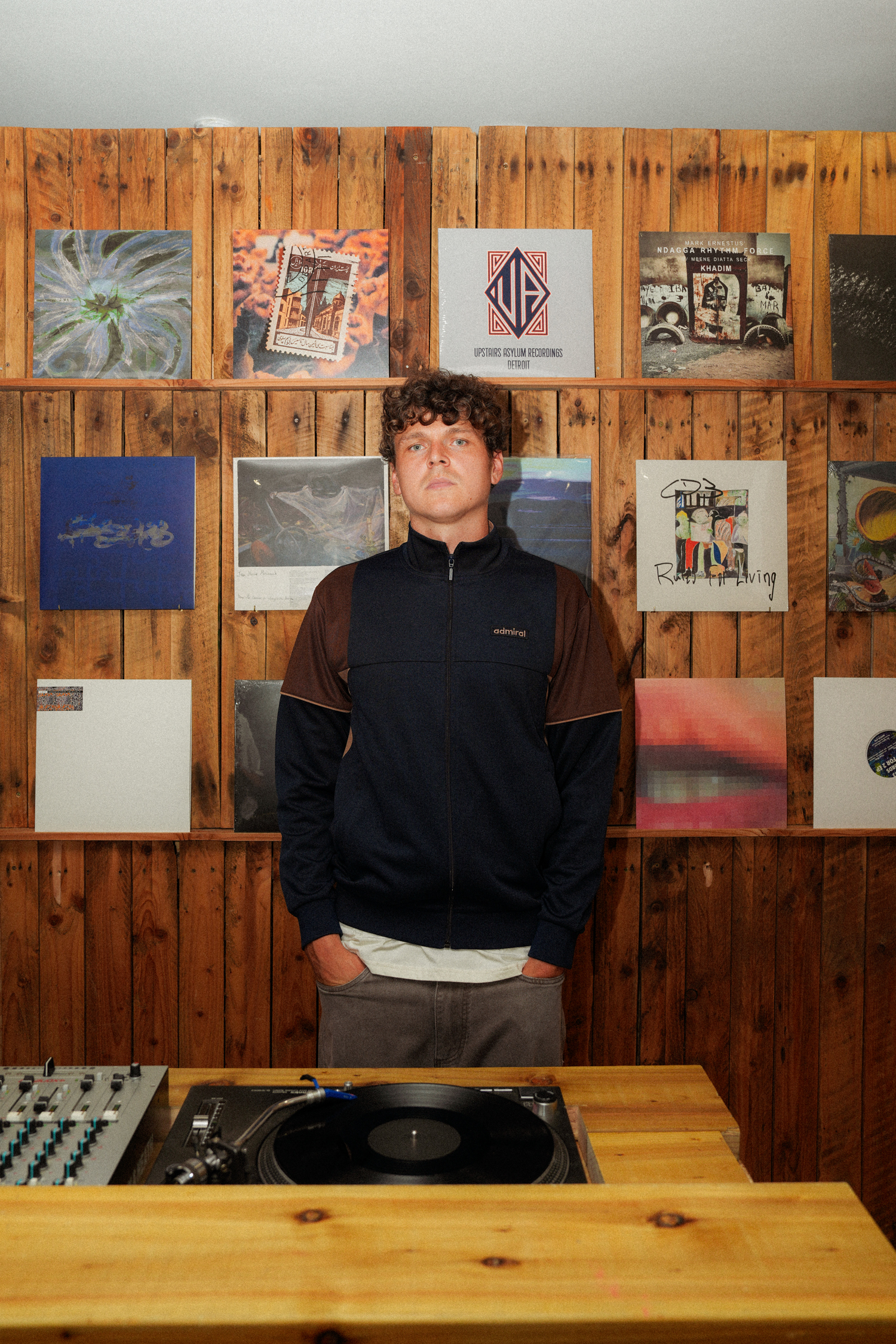Where does my love for FCK come from? Honestly, the answer feels almost too cheesy to be true: from father to son. It’s a theme you see echoed in choreographies, stickers, and stadium stands across the world. I can’t recall my very first match at the Betze, our nickname for the Fritz-Walter-Stadion, but one thing is certain: my dad took me.

Like so many of his generation, he lived through the club’s glory years in the 1990s — wild European nights, dramatic cup victories, and of course, the unforgettable Bundesliga title in 1997/98. My earliest vivid memory of FCK, however, is far less triumphant: the last-minute relegation in 2005/06 at Wolfsburg. I remember my dad taking me and my little brother to our grandpa’s house — the only one in the family with a Premiere (pay-TV) subscription — to watch the game.
Despite the heartbreak, my father never gave up. He swapped his standing ticket for a more “family-friendly” seat in the North Stand after I was born. If either he or his best friend (RIP Hack) couldn’t make it, I were allowed to go. Matchdays became emotional rollercoasters, sometimes there were tears of disappointment when I wasn’t picked, sometimes it was the joy of walking up to the Betze, the smell of grilled sausages and cheap cigars filling the air.. I still see those scenes in my mind.
Ultimately, it was the Westkurve — Kaiserslautern’s most iconic terrace — that truly captured my heart and never let go.

Teenage Rebellion on the Betze
Eventually, I was old enough to travel to Kaiserslautern by myself. My friends and I would head off far too early, searching for black market tickets and trying to sneak into the heart of the Westkurve. A few beers, some banter, and our first cigarettes — to us, the terrace felt like freedom.
What kept us coming back wasn’t just the football. It was the unity, the eruption of shared joy after a goal, and the communal frustration after a poor performance. That feeling of being part of something bigger than ourselves.

As time went on, more friends joined us — some only occasionally, others still to this day. We began attending away matches, first on dodgy old buses and later in our own cars. FCK became the axis around which our weekends revolved. Bus tickets were funded with student jobs, and school lessons were missed without hesitation.
Over time, this constant presence evolved into a ritual. Even as the club’s form declined, and life led us to other cities, foreign countries, and full-time work, football always brought us back.
We all share one truth: we grew up with FCK. From sitting on our fathers’ shoulders to standing shoulder-to-shoulder in the Westkurve, the club was always there. And always will be.


Favourite Memories as an FCK Fan
I could name some iconic moments: the 2008 survival match against Cologne, the 2014 cup semi-final in Munich, or the 2022 promotion clash in Dresden. But nothing compares to the 2024 DFB-Pokal final in Berlin — a match that will live long in the memory of every FCK supporter.

The excitement had been simmering for weeks. The whole region descended on Berlin, painting the capital red and white. Our opponents, Bayer Leverkusen, were unbeaten in the Bundesliga and heavy favourites. Yet, as kick-off approached, belief grew — morphing from dark humour to fragile hope, and finally full-blown defiance.
The travelling Westkurve took over the east side of the Olympiastadion with a breathtaking choreo. On the pitch, our team fought valiantly, but the quality gap was obvious, and Leverkusen lifted the trophy.


Still, after years of decline, this cup run reignited a sense of pride many feared lost. And yet, when I think about FCK, it’s not these big games that come to mind first. I remember away days in pouring rain at Aalen, driving with my brother to Zwickau on a Monday night for a meaningless third-division match, or bus trips to Nuremberg, Bielefeld, and Bochum.
Most of those matches were irrelevant on paper. I don’t remember the scores. But they remain the truest expression of my connection to the club — maybe because it was never about success. Maybe because showing up, through everything, feels like honouring a bond. Just as the club has always been there for me, I’ve always been there for it.

Football Culture in Kaiserslautern
To understand football culture in Kaiserslautern, you need to know this: in the city, there really isn’t much besides the football club. Okay, maybe that’s a little exaggerated. In the 19th century, Kaiserslautern was a thriving industrial hub. Today, however, the economy tells a different story — high unemployment rates and per-capita debt, with the technical university and U.S. Ramstein Air Base among the few significant institutions remaining.

But everyone knows FCK.
On matchdays, the whole city becomes football. Pubs filled with nostalgia, streets plastered with stickers and graffiti, and all roads seemingly leading uphill to the stadium. With just 100,000 inhabitants, the city might seem too small for such a club — but the team’s reach extends well beyond its borders. The entire Pfalz stands behind FCK.
The local football culture reflects the region: proud, passionate, grounded, and sometimes stubborn. Fans don’t expect slick passing and tiki-taka. They demand fight. Passion. And when the team delivers even a glimmer of hope, it’s met with euphoric, almost utopian optimism.


Matchdays at the Fritz-Walter-Stadion
The Fritz-Walter-Stadion sits atop the Betzenberg, physically and symbolically towering over the city. The steep walk from the train station to the ground is a pilgrimage. By the time you glimpse the stadium roof peeking through the trees, any fatigue has vanished.
The stadium, now holding just under 50,000 after its World Cup renovation, is steeped in legend. In the 90s, it was feared across Germany. Games weren’t over until FCK had won — that was the myth of the Betze.


The heartbeat of the stadium is the Westkurve. One of the largest standing terraces in Germany, it holds around 15,000 and generates the atmosphere that defines home games. Rough, passionate, sometimes intimidating — especially on floodlit nights when the air turns electric.
During the club’s darker years, that magic faded. Empty terraces, hopeless matches. My friend once joked that you could “dance samba” in the Westkurve, there was so much space.
But since returning to the 2. Bundesliga, the stand is full again. A new generation has arrived, the old faithful have stayed, and the mood — though occasionally moody — is alive once more. When the lights come on, the flares ignite, and the players emerge from the tunnel, the stadium doesn’t just host a game — it breathes life.


What Makes FCK Unique?
FC Kaiserslautern is a club defined by contrasts. By legend and loss. By glory and decline. In 1954, club icon Fritz Walter captained Germany to World Cup victory in the “Miracle of Bern,” joined by four teammates also from Kaiserslautern. That moment immortalised FCK in German football folklore.
The club was a founding member of the Bundesliga, producing icons like Ronnie Hellström, Andreas Brehme, Miroslav Klose, and Youri Djorkaeff. The 1990s were a golden age, culminating in the 1998 title — the only time a promoted team has ever won the Bundesliga. It embedded the belief in Kaiserslautern that anything is possible.

But with success came downfall. Debt, mismanagement, and corruption led to relegation, insolvency, and wilderness years in the third division.
Today, the club enters its fourth season back in the 2. Bundesliga. On steadier financial ground and building again, many fans dare to dream of the top flight. Some even whisper about Europe.
FCK’s story is written in emotion — sometimes painful, sometimes beautiful, always real. As Fritz Walter once said:
“Der Schlüssel zum Erfolg ist Kameradschaft und der Wille, alles für den anderen zu geben.”
The key to success is camaraderie and the will to give everything for one another.
That spirit defines the club. And with it, FCK might just rise again.

